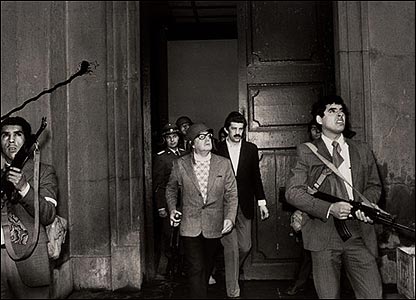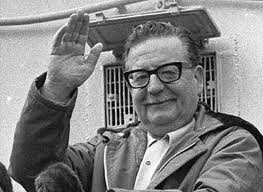Is there a more disgustingly bourgeois network than Bravo?
Champagne 24/7 anyone? Television for the voyeuristic hoi polloi.

Reality television was never so blatant in its pursuit of superficiality.
PATRICE GREANVILLE
Superficiality sells. I know because the Bravo channel takes voyeurism of the rich and famous, and obsessive, frothing adulation of their decadent way of life (plus conformity in general), to ridiculous heights, and they seem to be thriving. It’s this channel’s sole raison d’etre. Bravo’s schedule is a paean to Sex & the City’s hedonistic theme, but this time writ large, in all its possible lurid implementations. Banality addicts need not look no more: this is their natural home. For here we have an entire channel devoted to superficialities—from constant competitions among chefs, hairdressers, fashion designers and wannabe models, to Hollywood stars and celebrities’ “personal stylists” (like the incomparably obnoxious and self-absorbed Rachel Zoe), to exotic services (matchmaking for millionaires), to the “travails” of rich pregnant matrons….in heels, of all things, and much much more, so as to constitute an ocean of narcissistic excess with absolutely no redeeming substance.
But the breathless chronicles of the rich and worthless reach their natural apotheosis via this channel’s most profitable franchise, the “Real Housewives” , a whole slew of shows devoted entirely to following the scandalously wasted lives of various pods of rich and quasi-rich women (the shows haven’t managed to enlist the real blue blood haute bourgeois yet and probably never will so these specimens must content themselves with hyper-affluent upper middle class types) in L.A. (Beverly Hills), Orange County (Calif.), NYC, Miami, Washington, DC, Atlanta, and New Jersey.
Of the lot, only three pods are watchable: Atlanta, Beverly Hills, and New Jersey—mostly for their comic value. The OC franchise, comprised of chiefly brainless boring salopes yaking and yaking and yaking about their vapid lives is a waste even by Bravo’s standards. (This little fact, of course, doesn’t keep the show from having its loyal following). And although all these exhibitionistic matrons are supposed to represent something of a “socialite” standard in their respective venues, Bravo’s norms (without joining the ranks of professional snobs) are obviously mighty mighty generous. In fact, the New Jersey contingent alone is a treasure trove for cultural anthropologists looking to study the miraculous transformation of clannish Italian paisan into manorial American nouveau riche, with all its bathetic implications.
Are any of these shows entertaining at least? Yes, I must admit that some are, but at the end of the day, I doubt that even these contributions can make up for the lack of substance afflicting the other shows.
It’s obvious that the high-handed squandering of television as a precious social resource in a time of global crisis does not concern Bravo’s executives. Regrettably, in that regard they’re not that different from their brethren on other channels.
¡Bravo muchachos!
P. Greanville is the Greanville Post’s editor in chief.
PD/ The only redeeming value of this channel’s programming may be that, unwittingly, it provides abundant and eloquent documentation of why social change is urgent and necessary.
[donation-can goal_id=’support-tgp-before-were-gone’ show_progress=true show_description=true show_donations=false show_title=true title=”]





